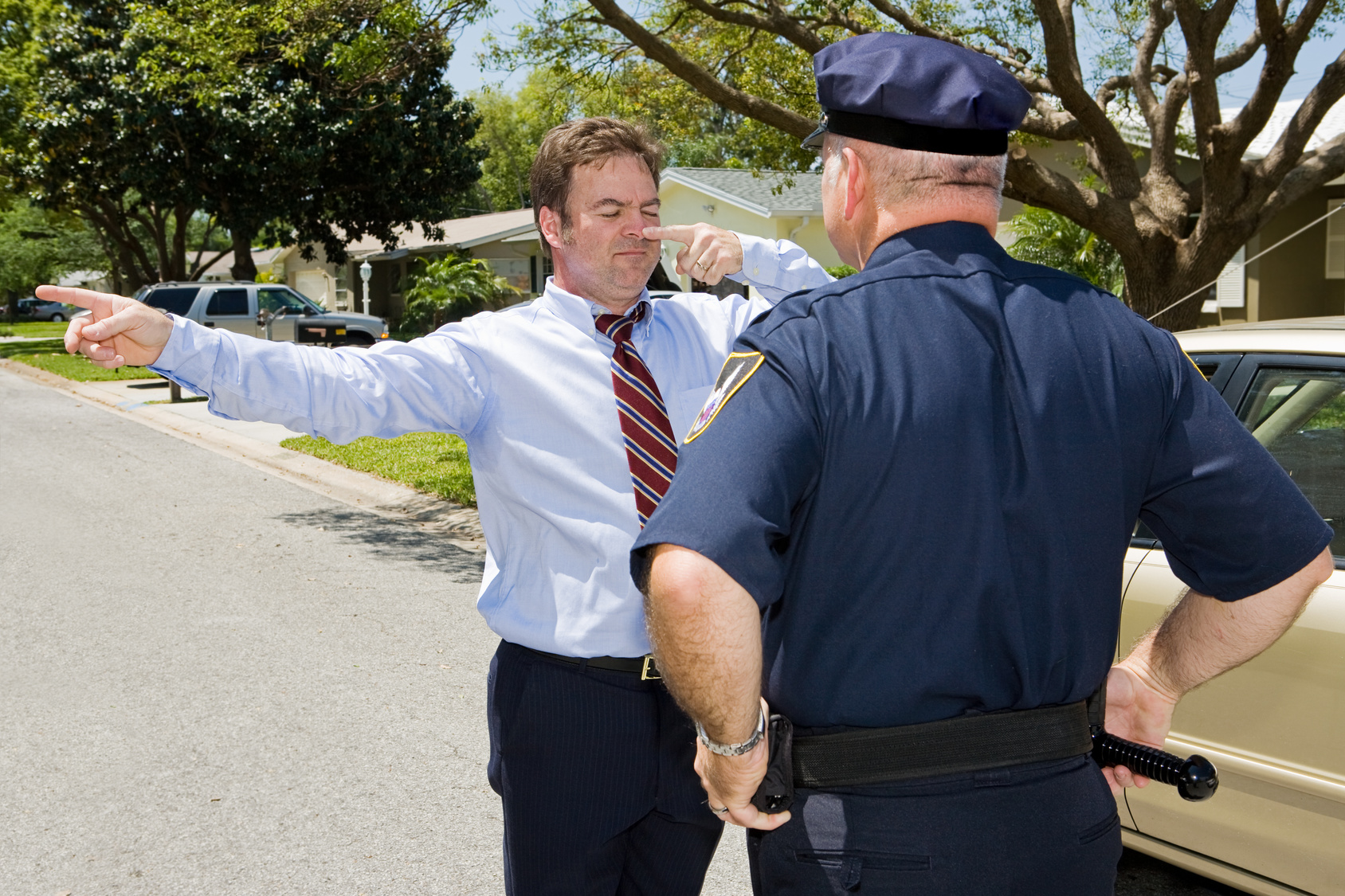
A routine part of getting pulled over for suspected drunk driving is the police officer requesting you to take field sobriety tests. The officer will ask you to perform certain tasks, such as walking in a straight line and standing on one leg. The movements are meant to test your ability to follow instructions and reveal your physical and cognitive so the officer can determine if you are intoxicated.
The officer looks for specific ways in which you fail to complete the tasks with exactness, marking a point for each one. The results can have an error rate of up to 35 percent due to many factors that can affect your performance, including these three common ones:
1. Health
The most likely cause of an inability to properly complete the field sobriety tests is a pre-existing health condition. Some that may contribute to inaccurate testing include:
- Injury
- Mental or physical disability
- Deafness
- Vision problems or eye disease
- Pregnancy
- Certain medications
Being older or significantly overweight also can affect your performance. Furthermore, the anxiety you may feel under the circumstances can cause you to look and act nervous, which may be incorrectly interpreted as intoxication.
2. Clothing
What you wear influences your movements and the officer’s perception of your impairment. High heels, flip-flops, cowboy boots and other non-athletic shoes can hinder your balance. Baggy clothes may make it hard for the officer to interpret your movements correctly, and tight clothes may make it difficult for you to walk with ease.
3. Environment
Your surroundings impact your physical capability as well. Poor weather conditions, such as wind, rain, snow and dust, can impair your visibility, hearing and balance. Likewise, distractions from lights and passing traffic can make things more challenging. The surface you are standing on also can affect your ability to balance or walk straight.
These are not the only factors that can compromise your test results. Another is how the officer administers the test, especially to evaluate your visual tracking.
Should you take the sobriety tests?
You do not want incorrect results to lead to probable cause for arrest or evidence against you. Therefore, you should politely refuse to do the roadside tests to prevent harming your case. Contrary to what you may think, acquiescence is completely voluntary. The police cannot make you take the tests, so do not take the risk. Be aware that you may be arrested and taken to the police station if you refuse.
You may decide not to answer any questions, but instead, ask to speak to a DWI attorney. The sooner you consult a lawyer, the better your chances will be of a desirable outcome.




